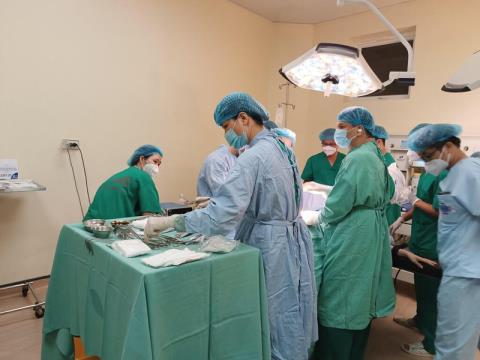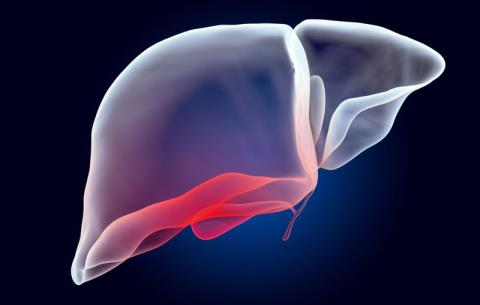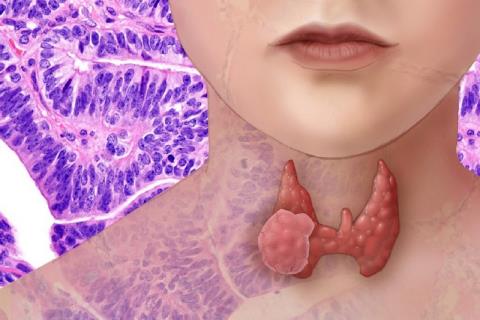Horsetail syndrome is a dangerous disease that causes severe back pain. When not treated in time, the patient can face complications such as paralysis, urinary incontinence, genital disorders.
Horsetail syndrome, also known as cauda equina syndrome, occurs when the nerve roots at the tip of the tail are compressed or damaged, disrupting movement.
What is horsetail syndrome?
Horsetail syndrome is understood as a condition in which the roots of the caudal plexus are compressed, affecting the movement of the legs, bladder, and rectum. Complications of the disease include urinary incontinence, permanent paralysis of both legs.

Horsetail syndrome affects nerve root bundles
Symptoms of Horsetail Syndrome
Symptoms can vary in severity as well as develop over time. The severity of the disease depends on the degree of compression and whether the nerve roots being compressed are severe or not. Some diseases have symptoms similar to cauda equina syndrome, such as peripheral neuropathy , medullaris conus syndrome.
If the patient has the following symptoms, pay attention immediately:
- Urinating incontinence.
- Loss of reflexes in the leg area.
- Severe pain in the lower back.
- Sexual dysfunction.
- Muscle weakness, loss of sensation or leg pain.
- Loss of sensation in the saddle parts.
- Bladder dysfunction (such as urinary retention or incontinence).
Symptoms of horsetail syndrome are quite diverse
Causes of ponytail syndrome
Lumbar disc herniation is the most common cause of cauda equina syndrome. Discs will gradually degenerate with age, ligaments also begin to weaken.
When stretched or traumatized the lumbar spine can cause herniated discs and complications into ponytail syndrome. In addition, the disease is caused by a number of other causes such as:
- Spinal cord hemorrhage.
- Congenital spinal stenosis.
- Infection of the spine.
- Tumor or injury of the spine.
- Spinal arteriovenous malformations.
- Complications after lumbar spine surgery or spinal anesthesia .
- Injuries affecting the lumbar spine such as falls, traffic accidents, etc.
Prevention of horsetail syndrome
Here are some effective measures to help prevent horsetail syndrome:
- Do not sit in the wrong position or sit in one place for too long.
- Limit carrying heavy objects.
- Prevention of injuries while participating in sports.
- Avoid bending too much, then leaning back suddenly because it can cause tearing of the fibrous annulus around the intervertebral disc nucleus, causing the nucleus pulposus to escape and press on the cauda equine nerve.
- Weight control.
- Add foods rich in calcium, vitamin D and antioxidants to promote bone health, reduce the risk of hernia and pinched ponytail.

Limit movement in the wrong position to prevent ponytail syndrome
Treatments for horsetail syndrome
If there are manifestations of cauda equina syndrome, early treatment is necessary to relieve pressure on the nerves. Prompt treatment measures must be taken to prevent permanent damage, such as paralysis of both legs, bladder incontinence, sexual dysfunction, etc. The best treatment is within 48 hours of symptom onset. Depending on the cause of the disease, corticosteroids can be used - this drug reduces edema. If the cause is a tumor, then radiation /chemotherapy or possibly surgery is the best course of action.
The degree of recovery depends on the extent of the damage to the body. If surgery is successful, bladder and bowel rehabilitation can take up to several years.
When suffering from horsetail syndrome , the patient should pay attention to visit the doctor for medical treatment as soon as possible. If the disease is treated promptly, it will help control symptoms, improve organ functions, and prevent dangerous complications from occurring. Delaying treatment can increase the risk of permanent damage, greatly affecting quality of life. Remember to note the issues that SignsSymptomsList has shared.









